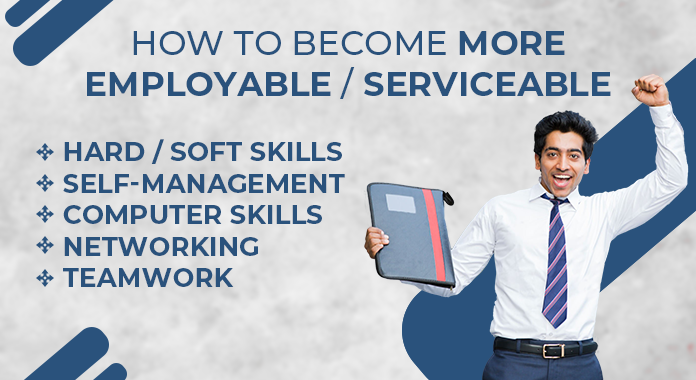AI is revolutionizing education! Imagine a platform like Khan Academy adapting to your learning pace in math, or a tireless AI tutor like Carnegie Learning’s COMPANION answering your history questions anytime. AI empowers students with 24/7 access to personalized learning, making education more engaging and accessible for all. For teachers, AI lightens the load by handling repetitive tasks like grading and providing data-driven insights on student progress. This allows teachers to shift their focus towards becoming facilitators of learning, guiding students in critical thinking, collaboration, and communication skills. However, challenges like teacher displacement concerns and potential bias in AI systems need to be addressed to ensure responsible and equitable integration of AI in the classroom.
Enhancing Personalized Learning:
When you are struggling with a math concept, now you’re learning program adjusts and offers targeted practice problems. This is the power of AI-powered adaptive learning! Unlike traditional methods, AI tailors the experience to you. It analyzes how you learn, what topics you find easy or hard, and even what activities keep you engaged. Based on this data, the system recommends learning materials and adjusts the difficulty level to match your pace. If you’re struggling with fractions, the AI might suggest interactive games or explainer videos to solidify your understanding. Conversely, if you breeze through a topic, it might provide more challenging activities to keep you engaged. This personalized approach ensures that each student can learn at their own pace and master key concepts.
Intelligent Tutoring Systems:
Imagine having a patient tutor who can answer your questions 24/7, no matter how complex. This is the power of intelligent tutoring systems! These AI-powered programs act like virtual tutors, using plain English to understand your questions and assess your knowledge. Stuck on a biology concept? The system might offer interactive simulations or explain the topic in a different way. If you’re a quick learner, it might provide more challenging problems to keep you engaged. By continuously adapting to your progress, intelligent tutoring systems promote active learning and help you grasp even the most difficult subjects.
Automating Administrative Tasks:
Teachers often spend hours grading papers and managing schedules. AI-powered administrative tools can free them up to focus on what they do best: teaching! These tools can handle routine tasks like grading multiple-choice tests and scheduling parent-teacher conferences, saving educators valuable time. AI can also look at a lot of information about students, like their test scores and class participation. This helps teachers understand their students’ strengths and weaknesses, allowing them to tailor their instruction and provide more targeted support. By automating administrative processes, AI empowers educators to allocate more time and resources to personalized instruction and student support.
Facilitating Accessibility and Inclusivity:
A student who struggles to read can now access textbooks with the help of AI! AI-powered assistive tools in education are revolutionizing the way students with disabilities learn. These tools can help students with dyslexia by providing text-to-speech options, or offer real-time captioning for students who are hearing impaired. AI is also opening doors to more engaging learning experiences for all students. Imagine exploring the wonders of the ancient world or conducting a virtual experiment in real-time! AI-powered VR/AR applications can create immersive and interactive learning experiences that bring complex subjects to life, sparking curiosity and promoting a deeper understanding. AI-powered VR/AR applications can create immersive and interactive learning experiences that bring complex subjects to life, sparking curiosity and promoting a deeper understanding.
Predictive Analytics for Student Success:
Imagine a system that can use student data to predict who might struggle in school. This is the power of AI-powered smart data analysis in education! By looking at a student’s grades, attendance, and even homework habits, AI can identify early warning signs of academic challenges. This allows teachers to intervene proactively, like offering extra tutoring or personalized study plans, before a student starts falling behind. Overall, AI helps schools use their resources effectively to support all students and improve their chances of success.
Conclusion
The classroom of tomorrow isn’t just about teachers; it’s about a powerful partnership between human expertise and artificial intelligence. AI’s rapid development promises a revolution in education, personalizing learning for every student. Imagine adaptive programs that adjust to your pace, or tireless virtual tutors answering your questions anytime. AI can make education not only accessible but also engaging, catering to individual needs and learning styles. For teachers, AI becomes a partner, handling repetitive tasks and providing data-driven insights to personalize instruction. This frees them to focus on what they do best: guiding students, fostering critical thinking, and nurturing a love of learning. Of course, challenges like teacher displacement and potential bias in AI systems need careful consideration. However, when implemented responsibly, AI in education has the potential to create inclusive learning environments where every student can thrive and reach their full potential. This isn’t just about the future of education; it’s about unlocking the potential of every learner in the digital age.



